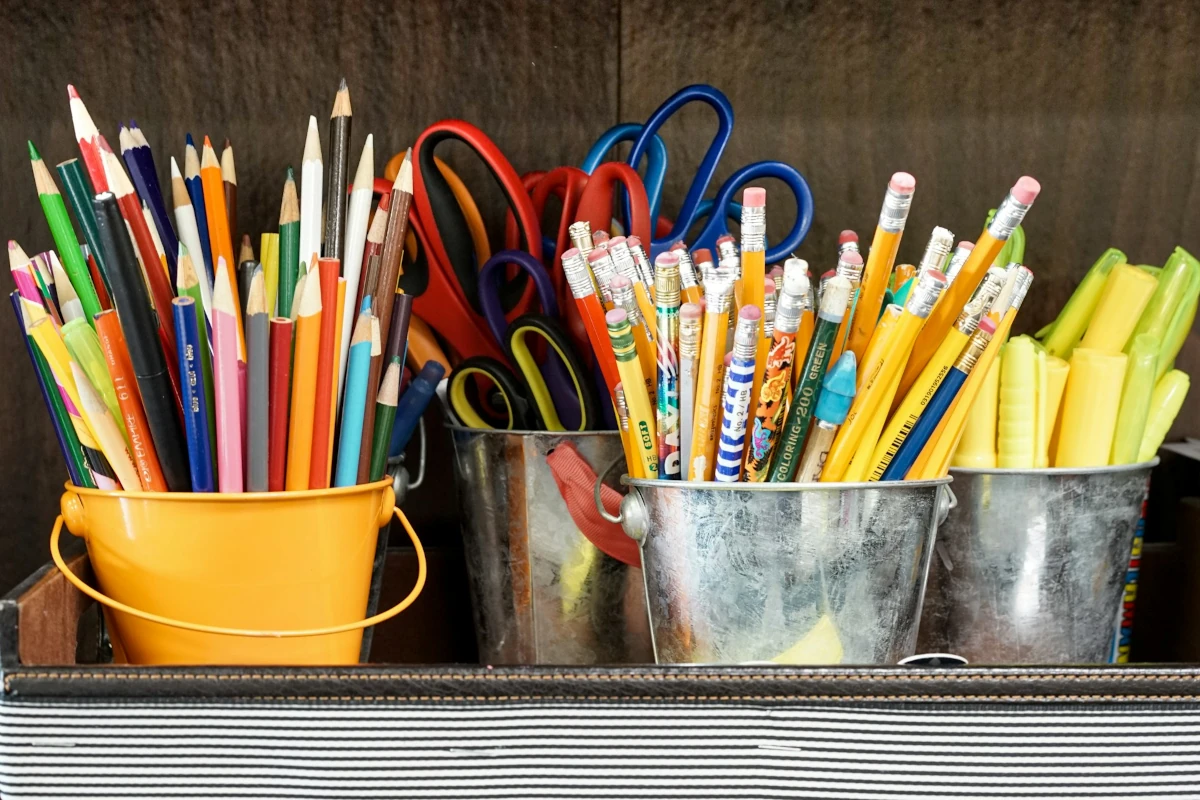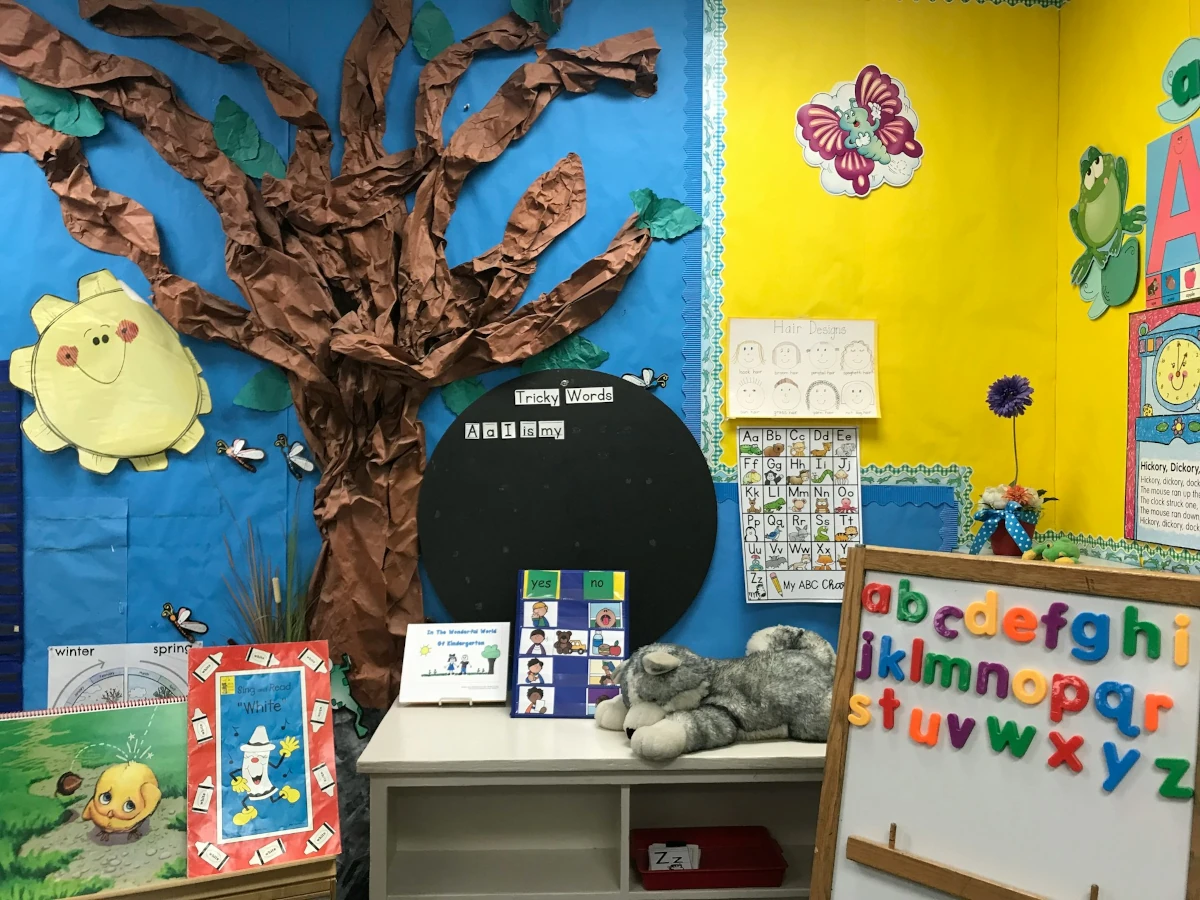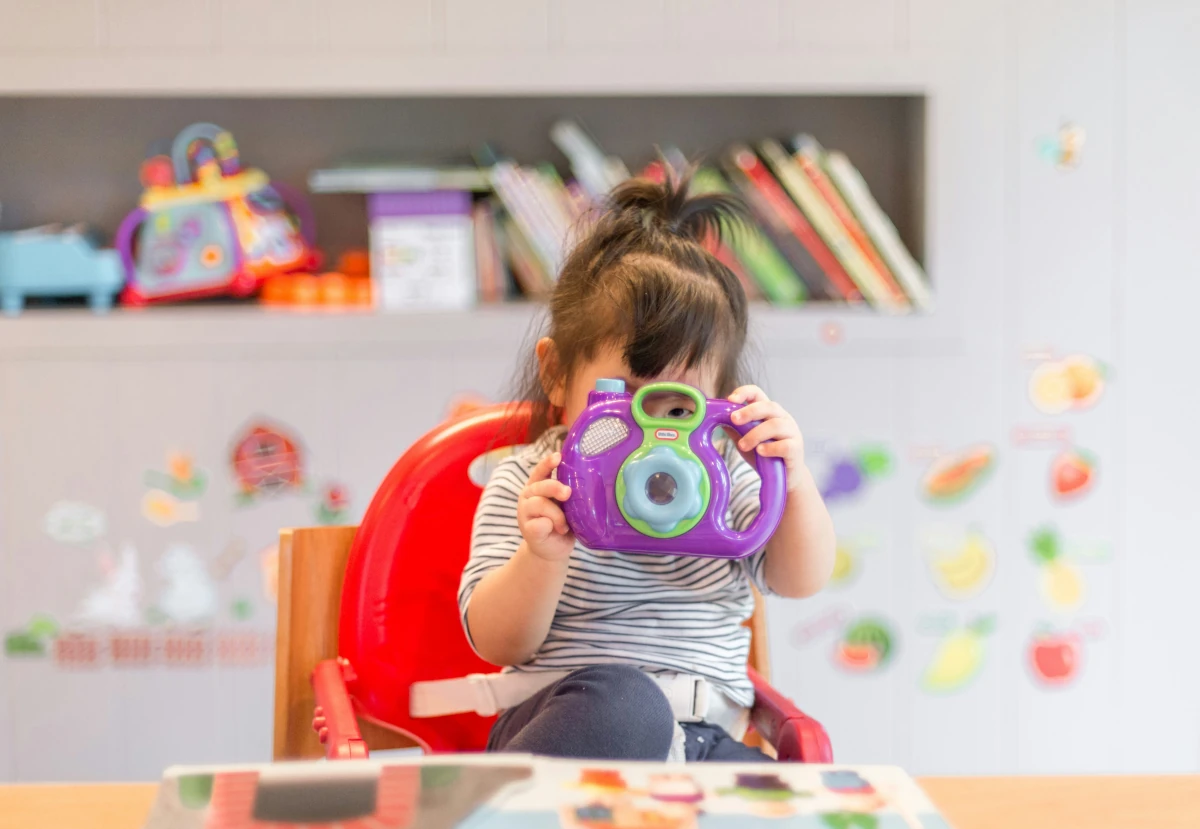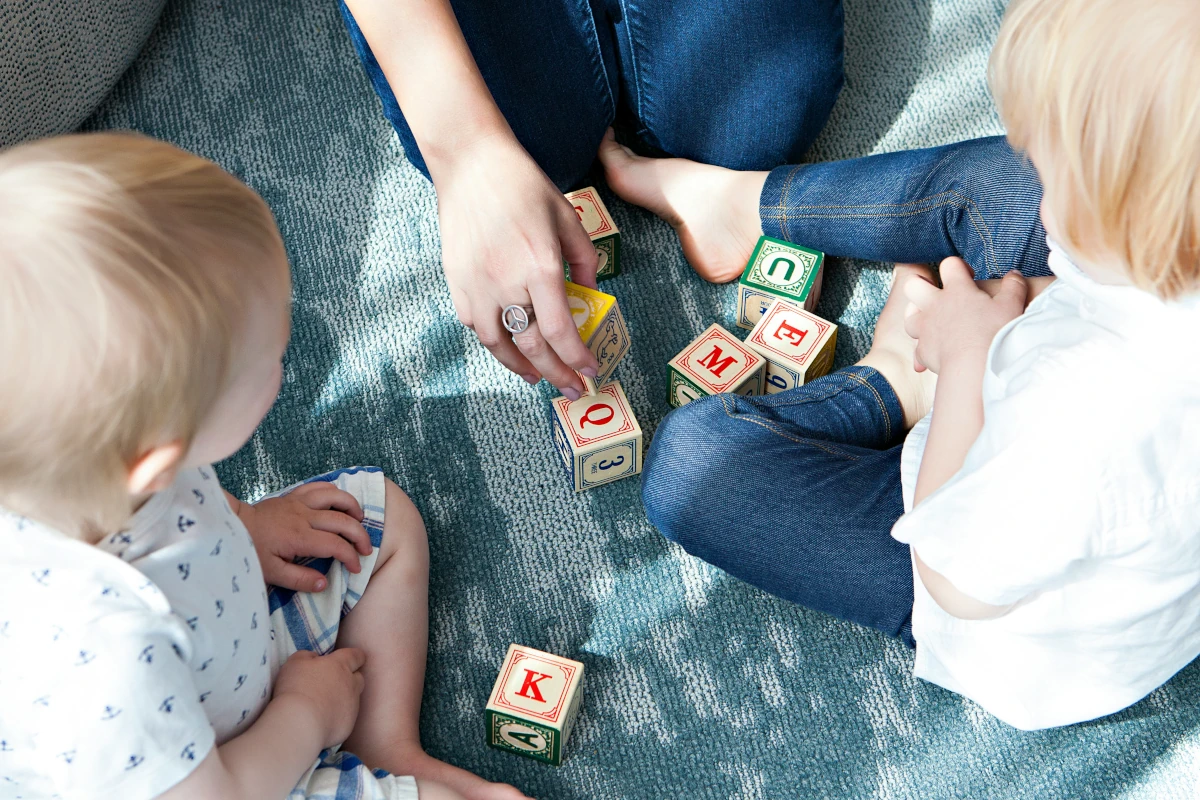Benefits of Early Learning: Today’s Learner, Tomorrow’s Leader

Photo by Laura Rivera on Unsplash
Introduction to Early Learning
Early learning is not just a step in education, but a vital investment in a child’s future. This detailed analysis explores why early learning is important, highlighting its advantages, essential skills, and practical ways to integrate it into daily routines.
Early learning refers to the education of children from birth up to the age of eight. It is a period characterised by remarkable brain development, where children absorb information and skills at an astonishing rate.
During these formative years, children are not just learning to read and write; they are developing a broad range of social, emotional, cognitive, and physical skills. These foundational years are crucial for setting the stage for lifelong learning and success.
The approach to early learning is multifaceted, embracing interactive and engaging methods that encourage curiosity and a love for learning. It goes beyond traditional classroom instruction, incorporating play-based learning, exploration, and real-world experiences. This holistic approach ensures that children develop a comprehensive skill set that serves them well beyond their early years.
Understanding the significance of this developmental phase is essential for parents, caregivers, and educators. It underscores the necessity of providing children with the right environment, tools, and guidance to foster their growth and development.
Early learning is not just about preparing for the next academic step; it is about nurturing well-rounded individuals who are equipped to navigate the complexities of the world.

Photo by Sebastian Pandelache on Unsplash
The Importance of Early Learning
Exploring into why early learning is important reveals its profound impact on a child’s future. The early years of a child’s life are critical for brain development, with neural connections forming at a rapid pace.
These connections lay the groundwork for intellectual, emotional, and social capabilities. Early education plays a pivotal role in shaping these developmental processes, influencing not just academic achievements but also personal and social outcomes.
Research consistently shows that children who participate in high-quality early learning programs are more likely to succeed in school, pursue higher education, and secure employment.
They also exhibit fewer behavioural problems and are better able to manage social situations. This underscores the importance of early learning in not only fostering academic skills but also in developing emotional intelligence and resilience.
Moreover, early learning offers an invaluable opportunity to identify and address developmental delays or learning disabilities. Early intervention can significantly alter a child’s learning trajectory, providing them with the support and resources needed to overcome challenges.
This proactive approach ensures that all children, regardless of their circumstances, have the opportunity to reach their full potential.

Photo by Bekah Russom on Unsplash
Benefits of Early Learning
The benefits of early learning extend far beyond academic success, influencing various aspects of a child’s life and development. Participants often exhibit positive personal and social outcomes.
Foundational Development: Early education is critical in the foundational years of a child’s life. During this period, children undergo rapid brain development, which lays the groundwork for learning, behaviour, and health. High-quality early learning programs provide structured environments that support cognitive, emotional, and social development.
Enhanced Life Skills[1, 2]: Early education fosters critical life skills, including problem-solving, communication, and self-discipline. Engaging in various physical activities significantly influences physical development, including fine and gross motor skills. These activities help children develop coordination, balance, and overall physical health, supporting their immediate well-being and encouraging a lifelong commitment to an active lifestyle.
Employment and Earnings[1, 2]: Firstly, it lays a solid foundation for cognitive development, improving skills like problem-solving, critical thinking, and language acquisition. These cognitive skills are essential for academic achievement and are intricately linked to future job performance and economic productivity. Individuals who receive early education are more likely to find employment and earn higher wages.
Reduced Crime Rates[1, 2]: Social and emotional development is another critical benefit of early learning. Children learn to navigate relationships, understand, and manage their emotions, and develop empathy and cooperation. These social-emotional skills are vital for personal well-being and success in both their personal and professional lives. Studies have shown a correlation between early education and lower rates of juvenile and adult crime.

Photo by Monica Sedra on Unsplash
Early Learning Skills and Their Impact on Future Success
Early learning skills encompass a wide range of competencies, from basic literacy and numeracy to critical thinking and social interaction. The development of these skills in the early years is a strong predictor of future success, both academically and in life.
Cognitive Development[1, 2]: Early education programs promote cognitive development through diverse activities that enhance language, math, and critical thinking abilities.
Numeracy skills are crucial as they form the basis for problem-solving and logical reasoning, essential for success in STEM fields and beyond.
Emotional and Social Development[1, 2]: Social and emotional skills, such as communication, cooperation, empathy, and resilience, are also developed through early learning. These skills are crucial for building relationships, navigating challenges, and achieving personal and professional success.
Higher Education Pursuit[1,2]: Students participating in early education programs are more likely to graduate from high school and pursue higher education. Literacy skills, for example, are fundamental, as they form the basis for all future learning.
Long-term Academic Achievements[1, 2]: Research has demonstrated that children who take part in early learning programs of high quality tend to exhibit better academic performance, including higher grades, improved test scores, and a lower likelihood of requiring special education or grade repetition.
Moreover, early learning fosters critical thinking and creativity, an essential trait in today’s economy. Such abilities enable children to approach problems creatively, innovate, and confidently.
Early learning environments that encourage collaboration, exploration, and emotional expression are instrumental in developing these competencies.
How to Incorporate Early Learning into Daily Routines
Incorporating early learning into daily routines does not require extensive resources or a radical overhaul of your day. It can be as simple as engaging in conversation during mealtimes, exploring nature on a walk, or reading together before bedtime. These activities not only foster learning but also strengthen the bond between you and your child.
Creating a learning-rich environment at home is another effective strategy. This involves providing access to books, educational toys, and materials that stimulate curiosity and creativity. Encouraging questions and offering explanations helps children develop critical thinking and enhances their understanding of the world around them.
In addition, incorporating technology in a balanced and mindful way can support early learning. Educational apps and online resources can complement traditional learning methods, offering interactive and engaging ways to develop new skills. However, it is crucial to monitor screen time and ensure that digital interactions are meaningful and educational.

Photo by Tanaphong Toochinda on Unsplash
Early Learning Activities and Resources for Parents and Caregivers
For parents and caregivers looking to support early learning, a wealth of activities and resources are available. Simple activities like reading stories, playing counting games, or engaging in arts and crafts can have a significant impact on a child’s development. These activities not only teach specific skills but also encourage a love for learning.
Online platforms and apps offer a wide range of educational resources tailored to different ages and learning objectives. From interactive storybooks to math puzzles, these digital tools can make learning fun and engaging for young children. It is important to choose high-quality, age-appropriate resources that align with your child’s interests and learning needs.
Community resources, such as libraries and museums, are also invaluable for early learning. Many offer programs and activities designed specifically for young children, providing opportunities for exploration, social interaction, and learning. Taking advantage of these resources can help with your child’s learning experience and expose them to innovative ideas and perspectives.

Photo by Marisa Howenstine on Unsplash
High-quality early education programs provide a structured yet flexible environment where children can explore, learn, and grow. These programs often adopt a holistic approach, focusing on all aspects of a child’s development.
Consider factors such as the curriculum, teaching philosophy, and the qualifications of the staff. Programs that offer a balanced mix of academic, social, and physical activities are generally, the most effective. Additionally, small class sizes and a nurturing environment are key indicators of a quality program.
Accreditation from recognised organisations can also be a useful marker of quality. Accredited programs have met stringent standards and are committed to providing high-quality early education. Researching and visiting potential programs can help you make an informed decision that meets your child’s needs.
Early Learning Programs and Institutions

Photo by Element5 Digital on Unsplash
Early Learning in Different Educational Settings
Early learning can take place in a variety of educational settings, each with its own advantages. Traditional preschools and kindergartens offer structured learning environments with a focus on readiness for formal schooling. Montessori schools, on the other hand, emphasise self-directed learning and hands-on experiences, fostering independence and curiosity.
Home-based early learning is another option, allowing for a personalised approach tailored to the child’s interests and pace of learning. This setting can provide a comfortable and flexible learning environment, though it requires a significant commitment from parents or caregivers.
Hybrid models, combining elements of formal education and home learning, are also becoming increasingly popular. These models allow for a customised learning experience that can adapt to the child’s needs and family circumstances. Each educational setting offers unique benefits, and the best choice depends on the child’s personality, learning style, and the family’s preferences and values.
The Role of Technology in Early Learning
Technology plays a dual role in early learning, offering both opportunities and challenges. On the one hand, it can be a powerful tool for enhancing learning and engagement. Interactive apps, educational games, and online resources can supplement traditional learning methods, providing diverse and stimulating learning experiences.
However, it is essential to approach technology with caution. Excessive screen time can impact a child’s physical health, sleep patterns, and social skills. It is important to set boundaries and ensure that technology use is balanced with physical activity, social interaction, and other forms of learning.
When used mindfully, technology can be a valuable component of early learning. It can support skill development, offer access to a wide range of information, and prepare children for a world in which digital literacy is increasingly important.
Supporting Resources:-
- HighScope Perry Preschool Study: This longitudinal study demonstrated that individuals who attended a high-quality preschool program had higher earnings, a lower incidence of crime, and better educational outcomes compared to those who did not attend preschool.
- The Abecedarian Project: Research from this project found that early intervention in the form of quality childcare and education can lead to significant improvements in IQ and academic achievement, extending into adulthood.
- National Institute for Early Education Research (NIEER): NIEER provides extensive data and analysis on the benefits of early education, highlighting its role in improving cognitive and social-emotional development.
The aforementioned research bodies strongly advocate for the crucial role of early education in a child’s development. Engaging in top-notch early learning programs equips children with the essential skills needed for academic success, social growth, and long-term personal achievements.
It highlights the significance of investing in early childhood education to nurture individual potential and tackle wider societal issues.

Photo by note thanun on Unsplash
Conclusion: Investing in Early Learning for a Brighter Future
Investing in early education is important for a child’s success, helping both the individual and society. Parents, caregivers, and educators all have important roles in guiding children. Early education helps shape well-rounded individuals for the future and provides long-term benefits, laying the foundation for a successful future. Research highlights the critical role of early education in child development.
Hope you found this article helpful.
Frequently Asked Questions
A1. Early childhood experiences from birth to age 8 affect the development of the brain’s architecture, which provides the foundation for all future learning, behaviour, and health. A solid foundation helps children develop the skills they need to become well-functioning adults.
A2. High-quality early childhood education and care gives children the best start in life. It provides important opportunities to learn and develop. Early childhood education and care can help your child make friends, develop independence, and learn new routines. It also supports their transition to school.
A3. An early childhood educator plans and implements lessons for their students to stimulate the students’ development. In addition to their intellectual growth, early childhood educators also work to grow their students’ emotional, physical, and cultural development.
A4. From birth to age 5, a child’s brain develops more, and more rapidly, than at any other time in life. And while genetics plays a significant role, scientific research has made clear that the quality of a child’s experiences in the first few years of life – positive or negative – helps shape how their brain develops.
A5. This type of learning allows children to independently explore, experiment, and discover. It promotes a deeper understanding of concepts and ideas too. On top of these advantages, hands-on learning also stimulates brain development, promotes creativity and problem-solving, and supports social and emotional development.
A6. 90% of the brain develops before age 5.
The brain is most flexible and adaptable to learning during the earliest years, and as the brain matures, it is less capable of reorganising and adapting to new or unexpected challenges.
Affiliate Declaration:
The use of affiliate links on this website may result in earning a small commission for any purchases made, at no additional cost to you (the user). Please review our privacy and cookie policy, as well as our affiliate disclaimer.



